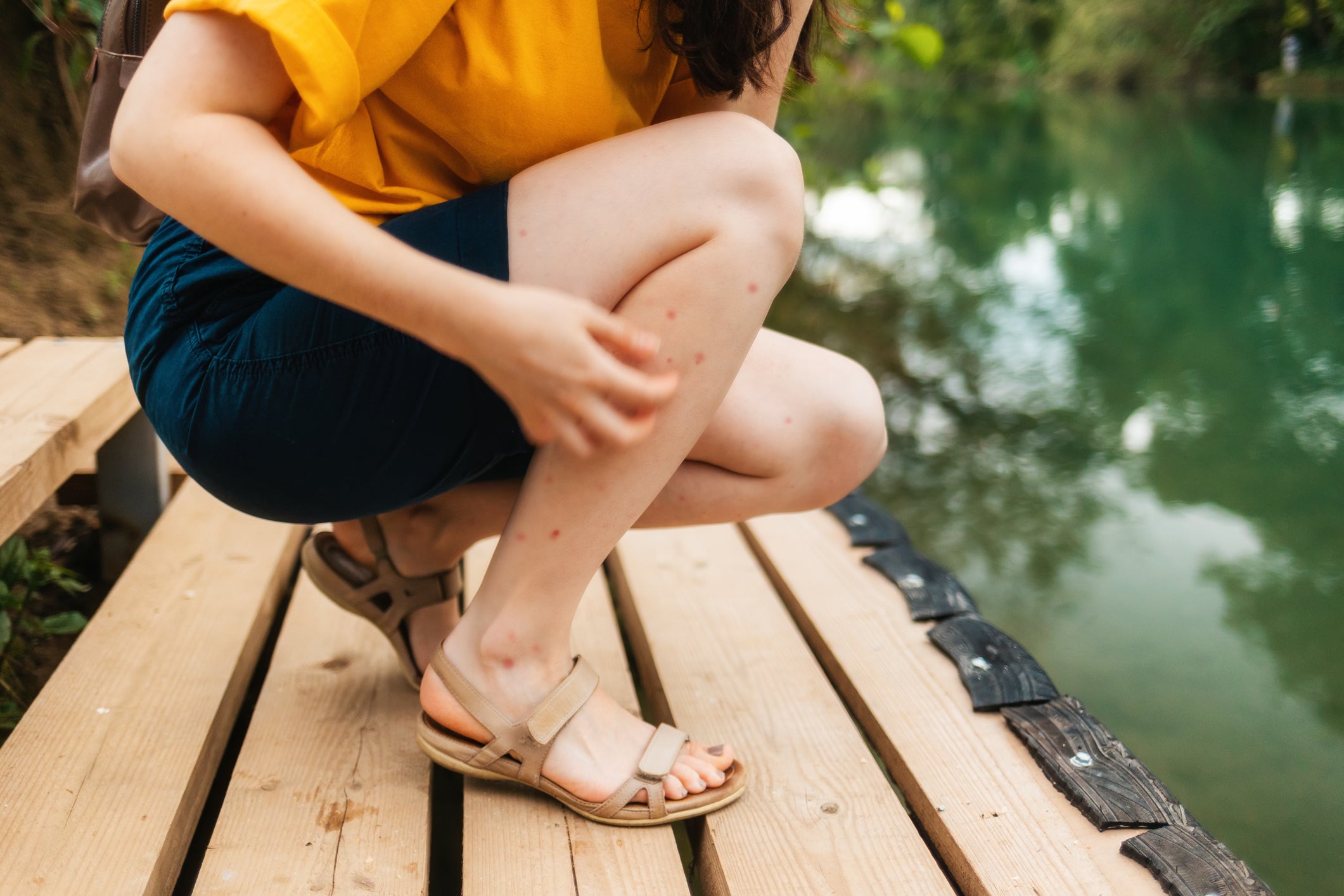How can you treat mosquito bites and get them to stop itching?
Experts share how to treat mosquito bites amid rising heat

Your support helps us to tell the story
From reproductive rights to climate change to Big Tech, The Independent is on the ground when the story is developing. Whether it's investigating the financials of Elon Musk's pro-Trump PAC or producing our latest documentary, 'The A Word', which shines a light on the American women fighting for reproductive rights, we know how important it is to parse out the facts from the messaging.
At such a critical moment in US history, we need reporters on the ground. Your donation allows us to keep sending journalists to speak to both sides of the story.
The Independent is trusted by Americans across the entire political spectrum. And unlike many other quality news outlets, we choose not to lock Americans out of our reporting and analysis with paywalls. We believe quality journalism should be available to everyone, paid for by those who can afford it.
Your support makes all the difference.With summer heating up, mosquito bites are on the rise.
Female mosquitoes cause these bites when they feed on human blood, leading to raised bumps on human skin that can become itchy and irritating. The sensation occurs because female mosquitoes secrete saliva into your bloodstream when they bite you, to which your body immediately sends the chemical histamine to the area after categorizing the saliva as an allergen. Histamine causes the bite area to itch and swell, sometimes more so in some people than others.
Some over-the-counter ointments and remedies can help alleviate the bite symptoms until it stops swelling, including treatments like antihistamines and hydrocortisone. The former combats the histamine chemical released by your body, and the latter is a steroid with an anesthetic pain reliever that can be a huge help when the bite becomes especially irritating.
Other ways to alleviate symptoms include pressing a cube of ice to the bite, which helps with the redness and irritation, and dabbing the bite with aloe vera, which contains salicylic acid that can alleviate the pain. Chamomile tea, honey, and oatmeal, which you can easily find in your pantry, are also common remedies to soothe irritated skin, with some experts suggesting placing a small amount on the bites.
However, experts at the Cleveland Clinic stress that the best thing to do if you’re bitten is not to scratch the bite, itching will only cause further irritation and lead to more redness and swelling. Scratching can also break this skin and potentially expose you to more infection. If you have scratched the bite, experts recommend that you wash the bite with soap and water. Then, cover the bite up with ointment and a protective bandage. If swelling and redness don’t go down after a few days, the skin may be infected, so it’s best to call your primary care provider to determine what to do next.

Not only a legitimate allergic reaction can occur but symptoms of a disease the insect may have been carrying may show. The small, flying insects are considered vectors - living things that carry diseases between animals and humans - that carry infections through blood.
Usually, mosquito bites don’t cause any lasting harm. However, they can prove fatal if the mosquito carries a disease like yellow fever and malaria, a risk far more common in countries like Africa and South America. Mosquitos lay their eggs in shallow, stagnant water, anywhere from lakes and rivers to containers with unattended water.
In order to avoid getting bitten this summer, experts suggest using bug sprays registered by the Environmental Protection Agency - which likely contain DEET, designed to repel bugs rather than kill them. Another simple way to protect your skin is by wearing thick clothes as well as long sleeves and pants. There are also clothes that are designed with fabrics that can repel bugs, too. Using screens over doors and windows as well as sleeping with protective netting are also ways to prevent bites.
Join our commenting forum
Join thought-provoking conversations, follow other Independent readers and see their replies
Comments